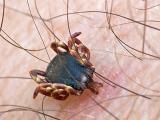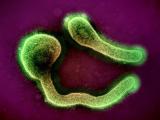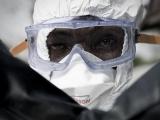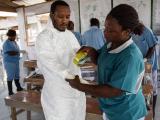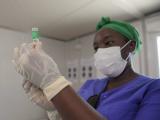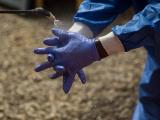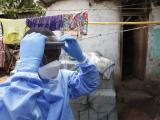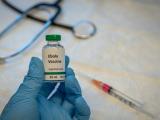Nov 12, 2012 (CIDRAP News) – Sudan's health ministry recently announced that a yellow fever case has been detected in Khartoum, the first one reported in the country's capital in the wake of an outbreak in several regions of Darfur state, according to a media report yesterday.
Also, an international expert said Sudan's yellow fever outbreak should be seen as an international emergency, and asserted that typical efforts to battle the mosquitoes will be difficult in Darfur because of issues surrounding the scarce water supply.
Radio Dabanga, an independent news organization that serves Darfur, said the Sundanese health ministry plans to launch a vaccine campaign against the disease in Khartoum, distribute mosquito nets, and monitor the movement of people out of Sudan. Another government department has announced that planes arriving in Khartoum from Darfur will be sprayed with insecticide, according to the report.
The patient in Khartoum has been isolated and will be treated in a healthcare setting, according to the report.
The outbreak began in parts of Darfur in late September and has so far resulted in 194 infections and 67 deaths, according to a Nov 6 report from the World Health Organization (WHO) eastern Mediterranean regional office.
Radio Dabanga also reported that citizens in Darfur have voiced concerns about the government's slow response to the outbreak in the area, making claims about a lack of vaccinations, treatment, and information about the disease. They have appealed to the WHO to intervene and have asked federal officials to lift travel restrictions in Darfur to allow humanitarian groups to reach the outbreak areas.
Meanwhile, an official with the Pasteur Institute in Paris today raised similar concerns about the spread of the disease in Darfur, where massive populations are housed in refugee camps.
Paul Reiter, PhD, professor of medical entomology at the institute, wrote in a post on ProMED mail that the developments in Darfur should be considered an international emergency, especially since stored water—known as a breeding ground for mosquitoes that spread yellow fever—is critical for the area, where water is scarce. ProMED mail is the online reporting system of the International Society for Infectious Diseases.
Reiter said the yellow fever threat comes at a time when international groups have recently made headway toward addressing water supply problems and delivering more water to locations such as schools.
Battling Aedes aegypti mosquitoes, the likely vector, will be a challenge for local authorities, because low humidity in the area probably drives the mosquitoes indoors, where killing them with hand-crank foggers would be slow and labor-intensive, according to Reiter.
He said other measures that might be effective and easier to deploy include treating water in storage jars with temephos, if the mosquitoes are susceptible to it, or spraying areas around containers that are positive for larvae with DDT, an insecticide that has been banned in some countries. Temephos is an organophosphate larvicide treatment for water.
However, Reiter wrote that traditional source-reduction strategies aren't an option: "Clearly, in a land where water is worth gold, the refugees are not going to empty water storage jars. In theory, jars can be covered, but covers must be a tight fit because mosquitoes are adept at finding the tiniest gaps."
He said the spread of the disease to Khartoum is a worrisome development that could be catastrophic if transmission becomes epidemic there. Global dispersion of the virus, he commented, poses a risk to the more than 2.5 billion people who live in tropical and subtropical countries where dengue and chikungunya are also transmitted by mosquitoes.
See also:
Nov 10 Radio Dabanga report
Nov 11 ProMED mail post
Nov 7 CIDRAP News item "Yellow fever outbreak in Sudan grows to 194 cases, 64 deaths"
